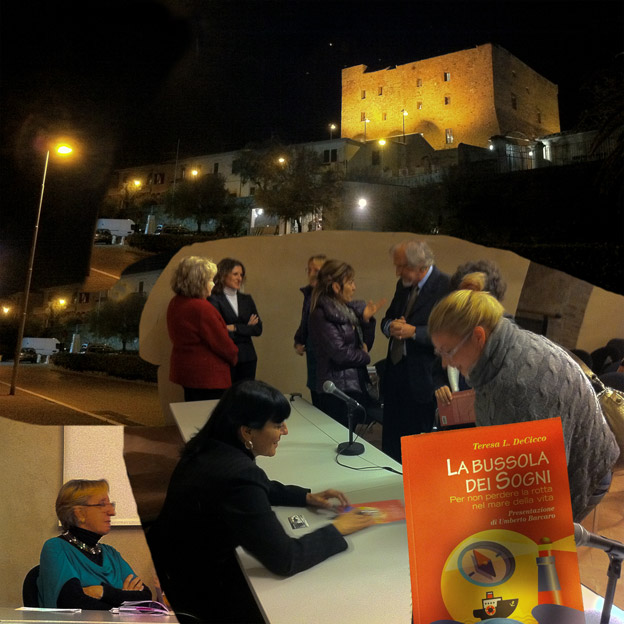Friday, May 31, 2013
The Storytelling Method
The Storytelling Method of dream interpretation has been used as a dream therapy to decrease negative dream imagery and nightmares with cancer patients, pain patients, soldiers returning from war, people with anxiety and depression, recovering alcoholics, and with relationship issues. It has been translated into Italian, Spanish, and Chinese so it can be used in therapy with these languages. What would be the next logical step for expanding this therapeutic tool in terms of research and practice?
Monday, May 27, 2013
Dreams, Depression, Anxiety and Meditation
Recent research conducted by Nicolle Miller examined the effect of meditation on dream imagery and waking day anxiety and depression levels. In her study she measured depression and anxiety levels as well as had people record one dream. She then taught them how to meditate and instructed them to meditate in a basic way for 10 minutes twice per day for one week. Results showed that mood changed over one week and dream imagery also changed. Preliminatry findings from this study suggest that mood can be regulated to some degree with meditation and the mood is also reflected in dreams. How might this be helpful and what are the next steps for this research?
Friday, May 24, 2013
About Dream Dictionaries.......
While dream dictionaries are fun to read and fun to consult, they do not have any grounding in reseach methods nor have they been found to accurately reflect a dreamer's waking life. Though we all would like it to be that easy, that we just look up an image and get it's meaning, we have to actually do a dream interpretation on our own dream imagery to get meaning.
For example, if a phobic person dreams of dogs and a dog lover dreams of dogs then each person will have a different meaning attached to that image. One may have the meaning of "fear" but the other will have the meaning of "love". We just cannot have a list of images and their meanings in a global way.
Therefore, in clinical and applied practice we only use scientifically tested dream interpretations to gain meaning from our dreams and we never tell other people what their dreams mean. We ensure that they do the interpretation for themselves.
Given this information, how is The Storytelling Method of Dream Interpretation helpful in clinical practice and for use by the general public?
Please respond to the previous person's post rather than starting a new topic.
Monday, May 20, 2013
Dreams, Sleep and brain studies
The scientific literature on dreams and sleep have been kept fairly separate in the past, as two bodies of literature. The sleep literature has it's theories and studies as does the dreams literature. Only recently have the two been put together in a new model of sleep and dreaming which also measures brain activity during the period of dreaming. Why is it important to now amalgamate the two bodies of research and how can this be helpful to the growing science of dreaming?
Monday, May 13, 2013
Why we study dreams and dreaming.
Dreams have been a fascination in the literature and popular culture since the beginning of time. Though we all dream and may not remember our dreams, research has shown that dreaming plays a very important function. One fact is that dreams are connected to the waking day life of the dreamer, which is known as the continuity hypothesis. Have you had dreams that reflect your own waking life is some way and if so, was this important to you in your waking life?
Subscribe to:
Comments (Atom)

